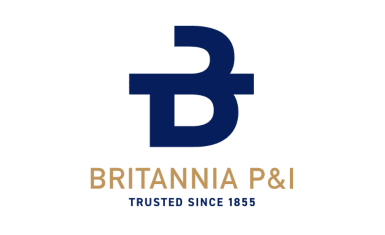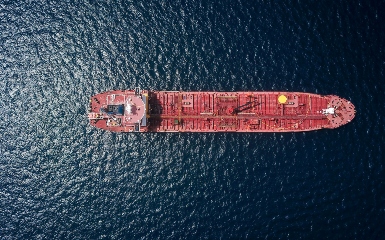 West P&I Club has issued an alert following a pollution incident regarding the issue of structural failure of drain lines passing through fuel oil tanks. The incident occurred during bunkering operations which resulted in a significant oil spill.
West P&I Club has issued an alert following a pollution incident regarding the issue of structural failure of drain lines passing through fuel oil tanks. The incident occurred during bunkering operations which resulted in a significant oil spill.
While receiving bunkers, fuel oil escaped through an undetected crack in a deck scupper drain lines causing a failure that penetrated through a fuel oil tank. The structural failure was only discovered after oil began leaking from the vessel’s side when the fuel level reached Continue reading “Structural failure of drain lines in fuel oil tanks”









